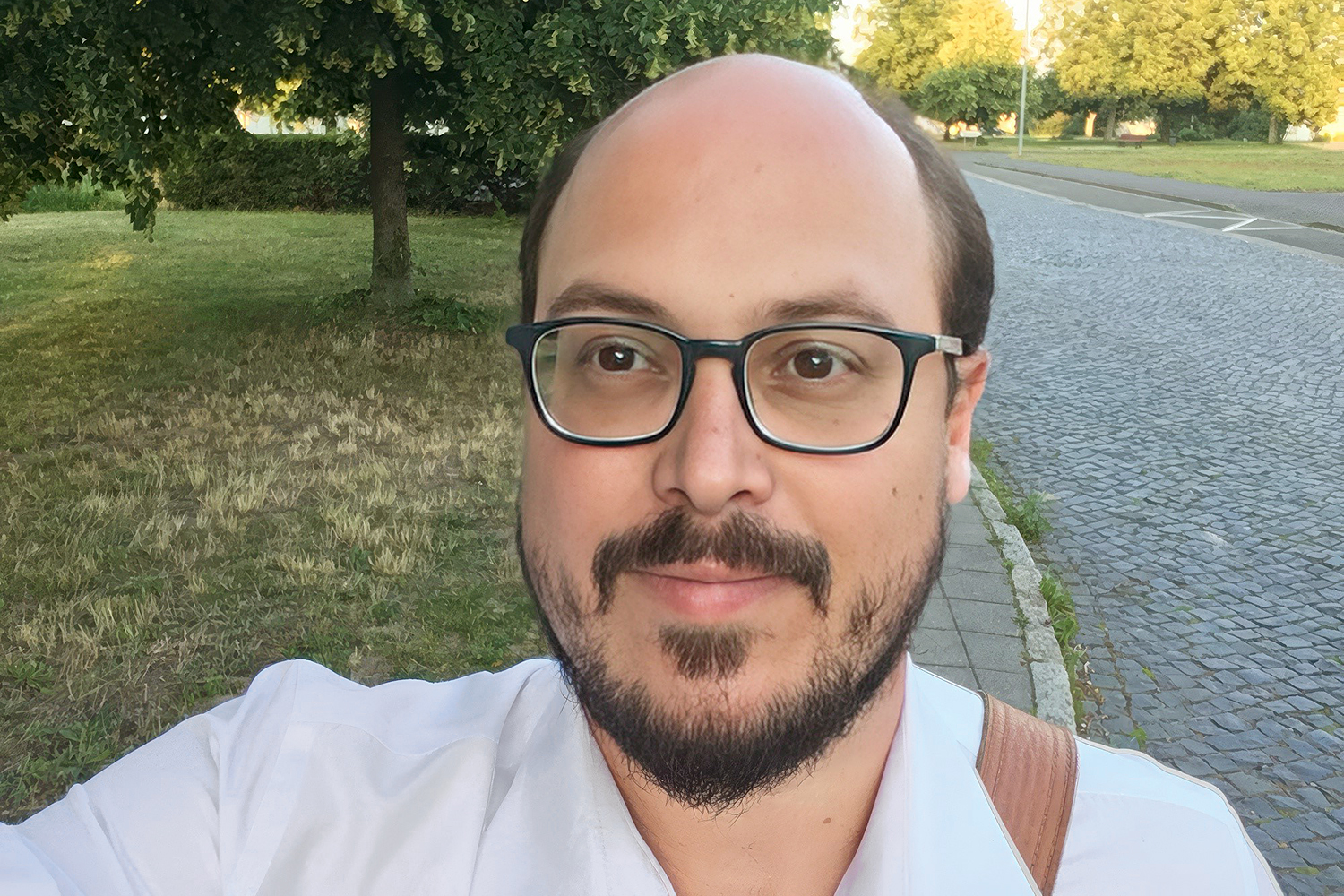In the Footsteps of Henri Bergson in Paris Humboldt Foundation Research Fellowship for Dr. Tobias Endres
Dr. Tobias Endres, a research associate at the Institute of Philosophy at TU Braunschweig, has been awarded the coveted Feodor Lynen Research Fellowship for Postdocs by the Alexander von Humboldt Foundation. From April 2024 to March 2026, he will spend two years in Paris at the École normale supérieure (ENS) researching the philosophy of Nobel Prize winner Henri Bergson. Since 2018, Dr. Endres has been working in the department of Professor Nicole C. Karafyllis, where he is investigating the origins of the philosophy of life in the philosophy of language and in the context of Franco-German cultural transfers. In this interview, he explains what exactly his research project is about and what collaborations he has planned in Paris to strengthen cooperation between Germany and France.

Dr. Tobias Endres will be researching the philosophy of Nobel Prize winner Henri Bergson in Paris. Photo credit: Tobias Endres/TU Braunschweig
Congratulations on your Feodor Lynen Research Fellowship, Dr. Endres! Have you already worked on Henri Bergson’s philosophy at TU Braunschweig? What motivated you to study his work?
Yes, students in Braunschweig have already enjoyed several courses on Henri Bergson, which I have used as a philosophical workshop. The Institute of Philosophy here with Professor Nicole C. Karafyllis has a focus on the philosophy of life and technology, which is why I moved here in 2018 after completing my doctorate at TU Berlin. I wanted to systematically break new ground in cultural philosophy, while remaining true to my philosophical-historical focus on the long 19th century. The fact that I now work primarily on the Nobel Prize winner for literature and philosopher of life Bergson developed here: from the observation of the inadequate German-language research status compared to Bergson’s great importance, but also from conversations with colleagues. Bergson is a modern, forward-looking philosopher: in contrast to the talk of degeneration and decadence around 1900, Bergson emphasises the creative, evolutionary potential of life and technology.
What do you expect from your research time in Paris?
I have very high expectations of my research stay, as I will now have access to Bergson’s literary remains at the École normale supérieure, of which I am particularly interested in the writings on the philosophy of language. But I am also looking forward to making a small socio-political contribution to the Franco-German partnership. It is a driving force behind the European idea, from a common foreign and security policy to joint aerospace projects and cultural institutes and projects such as the joint TV channel arte. My research project is about direct cultural transfer between Germany and France. My hypothesis is that Bergson was more influenced by German-speaking philosophy than has been shown. I am thinking in particular of Friedrich Nietzsche, whose thought is being studied here at TU Braunschweig by the experts Professor Matthias Steinbach and Professor Claus-Artur Scheier. I myself will be publishing a small book on Nietzsche in the summer, which can also be read as a prelude to the current research project.
How will the fellowship advance your research?
For my habilitation at TU Braunschweig I need sources and contexts that I can only get in Paris. Bergson taught as a professor at the École normale supérieure from 1898, where his private library and handwritten lectures are still kept. Here, I would like to get to know the archival situation and learn technical terms in French in dialogue with contacts in Bergson’s mother tongue. I would also like to get to know the French culture of debate, especially in my debate-loving discipline of philosophy. Last but not least, a stay abroad as a postdoc opens up a wider job market, which in turn increases the chances of a later appointment in Germany.
What collaborations are planned with other researchers and institutions in Paris?
Together with my host, Dr. Caterina Zanfi from the Centre national de la recherche scientifique (CNRS), I have planned the organisation of two research workshops at the host institute, Pays Germaniques at the École normale supérieure. More than 30 historians, literary scholars and philosophers are currently researching Franco-German themes under the paradigm of “regards croisés” (changing perspectives). In addition, I have already established contacts with researchers at the Marcel Mauss Institute, where a research group is working on topics related to linguistics, anthropology and sociolinguistics, which suggests synergies in the processing of systematic questions beyond Bergson research.
How do you think international collaboration will enrich your research?
On the one hand, it is foreseeable that a step onto the international stage will strengthen one’s own research and, above all, enrich one’s home institute. As a philosopher, however, I must also point out that you can’t know in advance how such a stay will enrich your research. (laughs) In any case, I’m looking forward to finding out with my colleagues and reporting back when the Braunschweig Institute of Philosophy celebrates its 100th birthday on 15 November this year.
